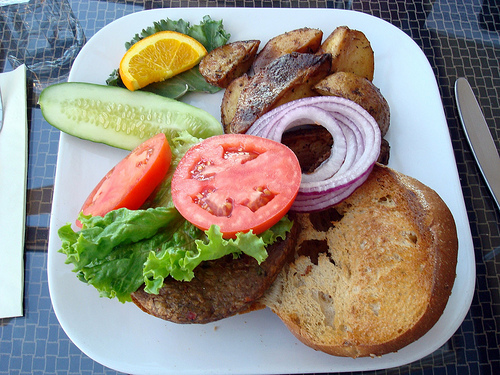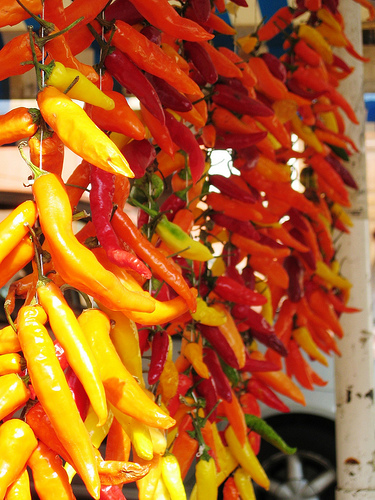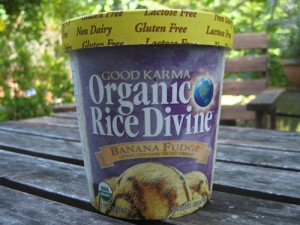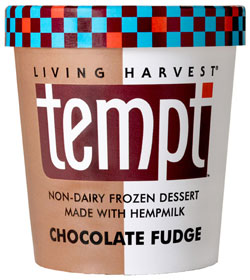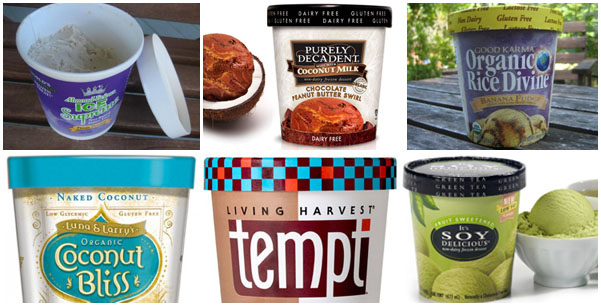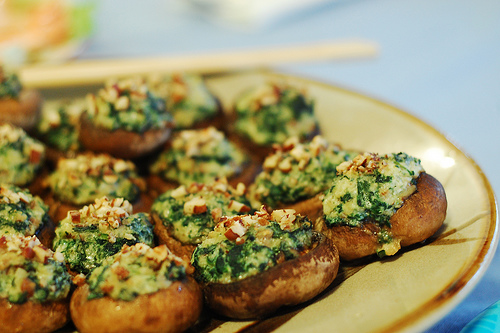Table of Contents
In the last few years, a lot of people have examined their diets and nutrition choices more closely—be it for health, ethical, or environmental reasons.
Some want to boost their health and prevent diseases. Some want to save the animals and the planet from harm. Some want to try new flavors and cuisines. Whatever your reason, you might be curious about vegan and pescatarian diets, two popular ways of eating that focus on plants but have some key differences.
This article aims to provide a comprehensive guide to the differences between vegan and pescatarian diets to help you make informed choices based on your needs and beliefs.
Quick Answers:
Are vegan and pescatarian diets the same?
No, Vegan and Pescatarian diets are not the same. While both focus on plant-based foods, pescatarian diets also include seafood, specifically fish.
If something is vegan, does that mean it’s also pescatarian?
No, if something is vegan, it might not be pescatarian. Veganism excludes all animal products, while pescatarian diets include seafood, particularly fish.
If something is pescatarian, does that mean it’s also vegan?
No, if something is pescatarian, it may not be vegan. Vegan diets strictly avoid all animal-derived products, while pescatarian diets allow for adding fish.
Overlap of Vegan and Pescatarian Diets
While vegan and pescatarian diets diverge significantly, particularly regarding animal products, they share some similarities. Understanding these overlaps can help individuals navigate the best diets to meet their health and ethical goals.
Diet & Health Overlap
Both diets emphasize the importance of plant-based foods such as vegetables, fruits, and whole grains. At the same time, both diets may offer health benefits such as lower blood pressure, reduced risk of heart disease, and weight loss.
Pescatarians get their essential fatty acids from fish, while vegans get them from plant foods like nuts and seeds. Additionally, both diets are rich in fiber and essential nutrients. With careful planning and consultation with a registered dietitian, these diets can help people meet their nutritional needs.
Special attention is required to ensure adequate iron and vitamin B intake, as these are commonly sourced from animal foods.
Environmental Overlap
Both diets are touted for their lesser environmental impact than those high in red meat. According to studies, plant-based diets require less land and water and produce fewer greenhouse gas emissions.
Pescatarian diets – specifically those that focus on sustainably sourced or free-range aquatic animals—can also be more environmentally friendly than traditional meat-based diets. However, as not all fish oils or fish species are sustainably sourced, it’s important to consider the environmental benefits of your diet.
Ethical Overlap
Both diets focus on ethics, although they approach animal rights and welfare differently. Veganism is more than just a diet; it’s a way of life that aims to eliminate all forms of animal exploitation and cruelty.
This includes not just food but also other animal by-products and the use of animals in any form.
On the other hand, pescatarians often eat less meat primarily for health reasons but also consider the ethical implications of meat consumption from land animals.
While vegans avoid all animal products, including dairy and eggs, pescatarians typically eat these foods but may choose animal-free options for ethical or health reasons.
Overall, while vegan and pescatarian diets have differences, they do share common ground in terms of health benefits, environmental impact, and ethical considerations.
Regardless of the type of diet you choose, it’s always a good idea to consult with a healthcare provider or registered dietitian to ensure that you’re meeting all your dietary and nutritional needs.
Foods That Are Both Vegan and Pescatarian
Despite the inherent differences between vegan and pescatarian diets, they significantly overlap in food choices. Recognizing these similarities is helpful to those who want to incorporate elements of both diets or switch from one to the other.
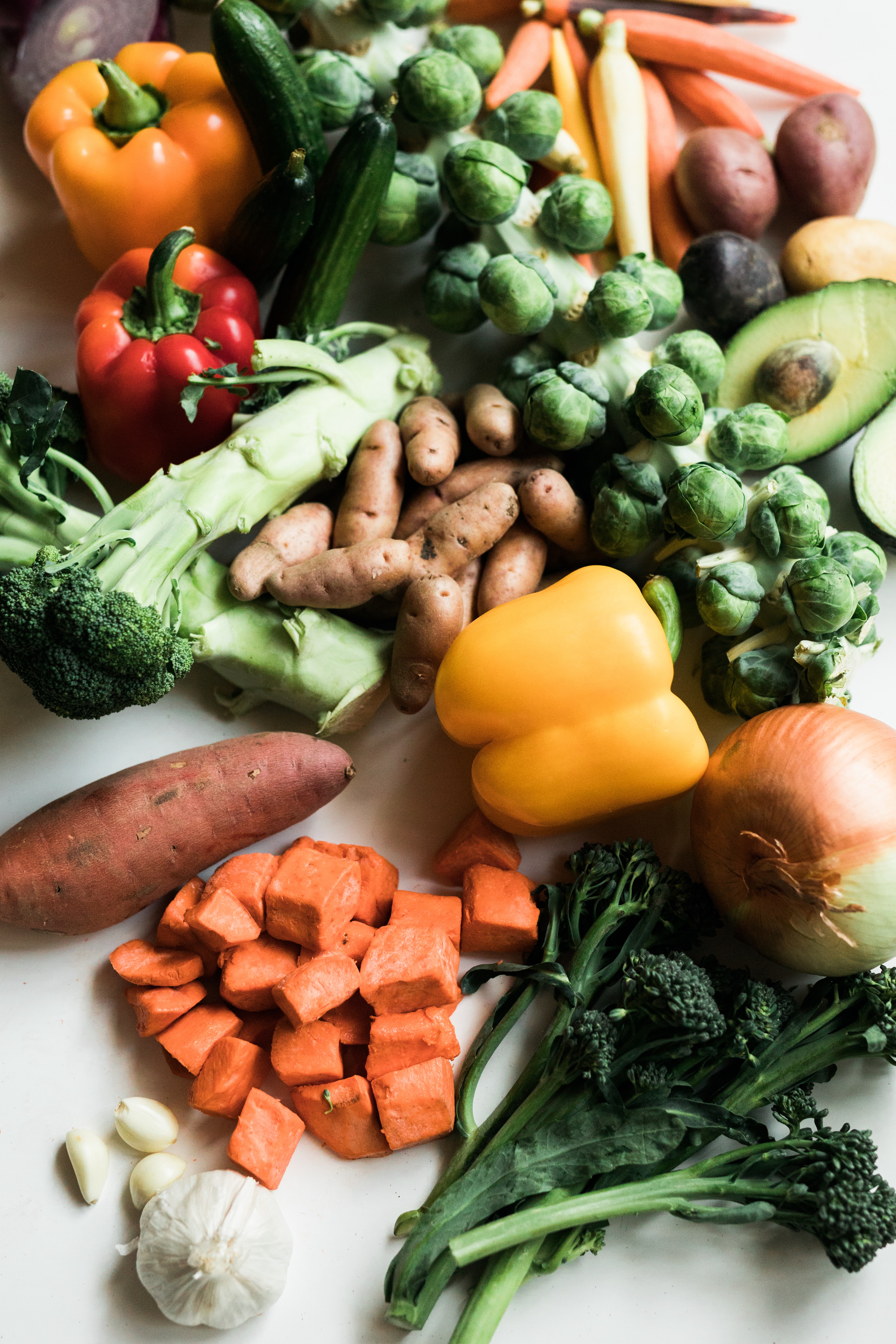
Vegetables
A basic component of both vegan and pescatarian diets is vegetables. Rich in nutrients and versatile in recipes, both dietary approaches embrace a variety of vegetables. Leafy greens like kale and spinach, cruciferous vegetables like cauliflower and Brussels sprouts, as well as bell peppers and zucchini, are all excellent choices for anyone following either diet.
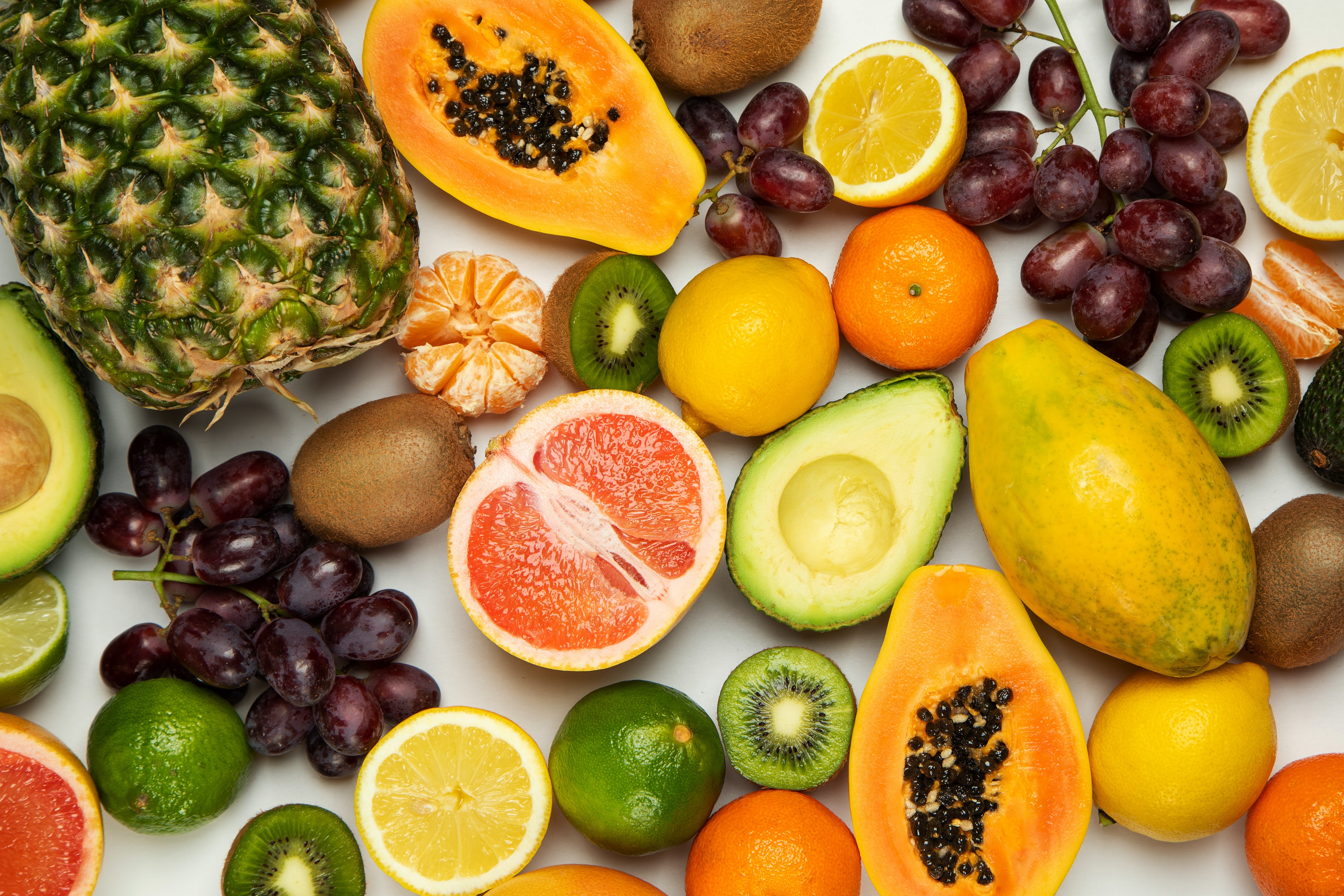
Fruit
Fruit is another category where vegan and pescatarian diets overlap. Both diets usually contain a variety of fruits to make sure you get important nutrients, like vitamin C. Bananas, apples, berries, and citrus fruits taste great and have important health benefits, like antioxidants and fiber.
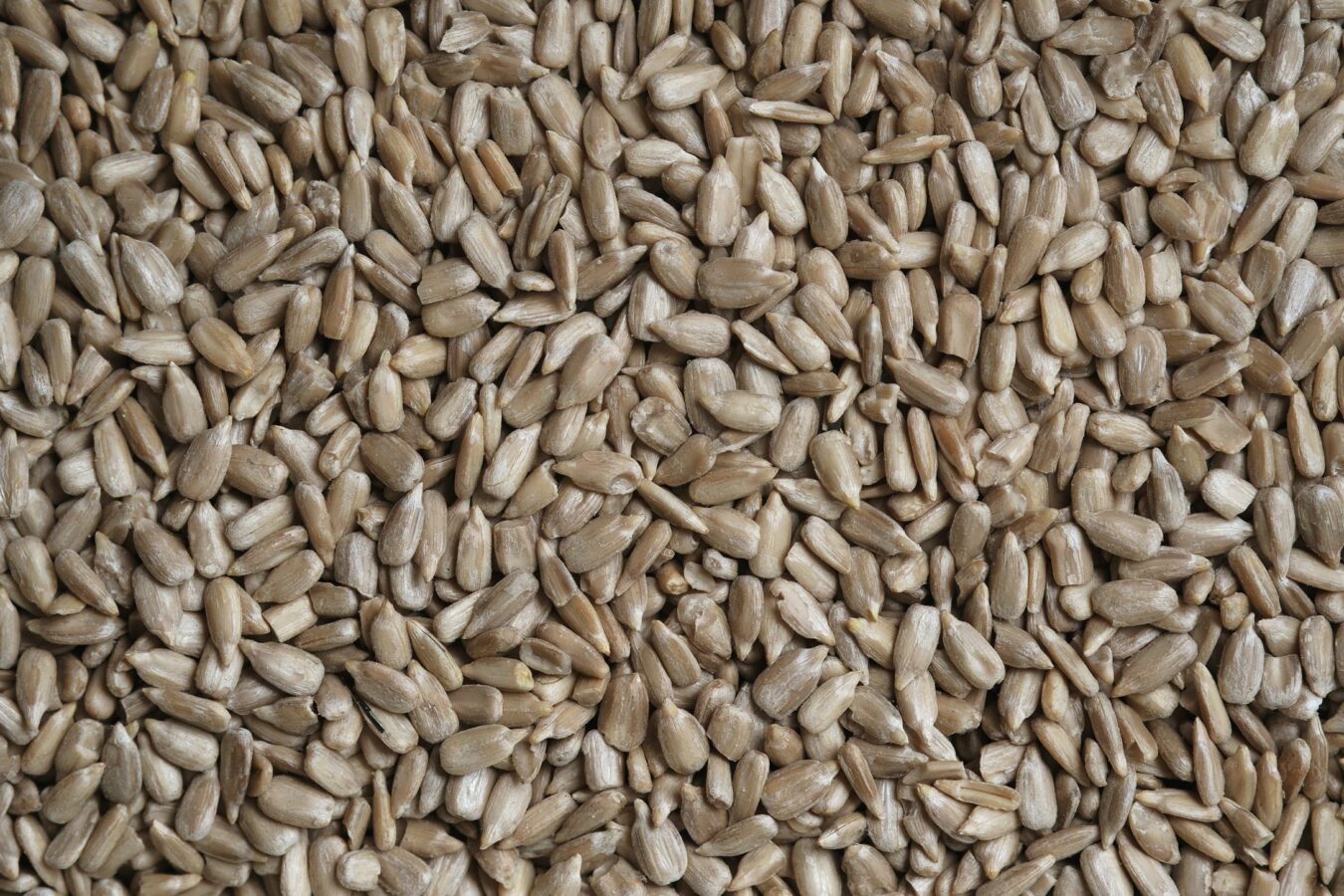
Nuts & Seeds
As excellent sources of protein and healthy fats, nuts and seeds are an integral part of vegan and pescatarian diets. Popular nut choices include almonds, walnuts, and cashews, while seeds include chia seeds, flaxseeds, and pumpkin seeds. They can be used in a variety of dishes or as a snack on their own, providing crunch, flavor, and a host of essential nutrients.
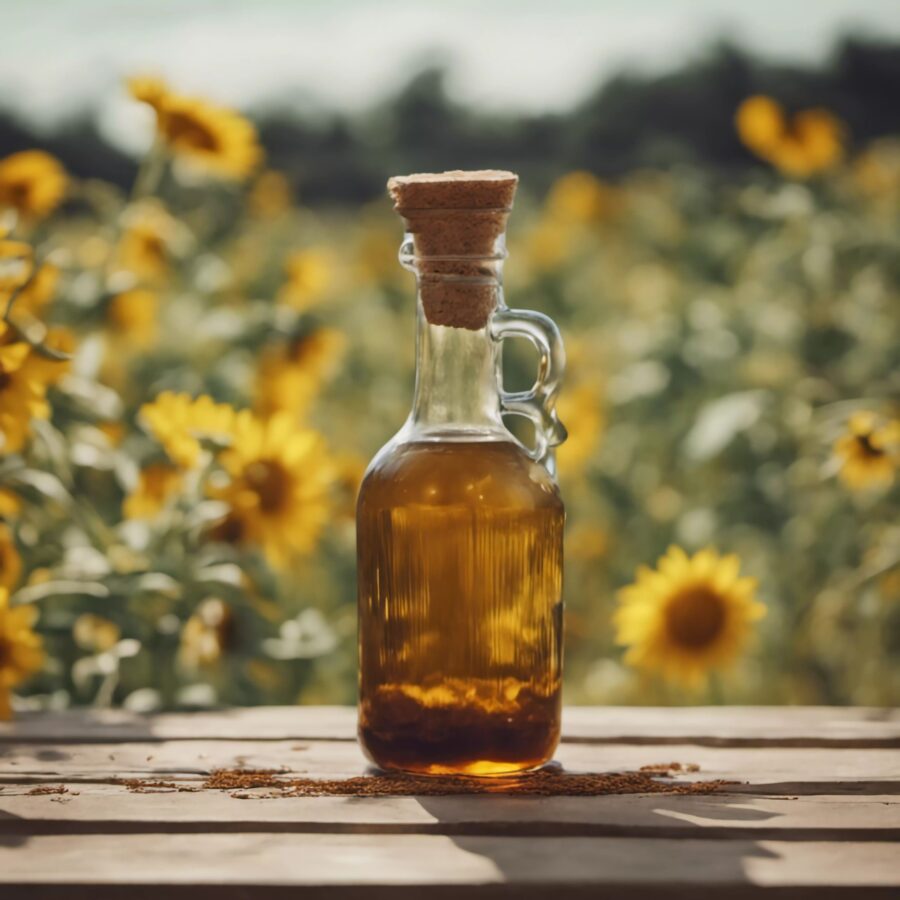
Oils
Oils used for cooking and dressing are another overlapping category. Both diets frequently make use of plant-based oils rich in healthy fats. Olive oil is a favorite in both camps, but options like avocado and coconut are also popular.
It’s worth noting that while some pescatarians may incorporate fish oils for their omega-3 fatty acids, vegans can opt for algae-based omega-3 supplements to meet their nutritional needs.
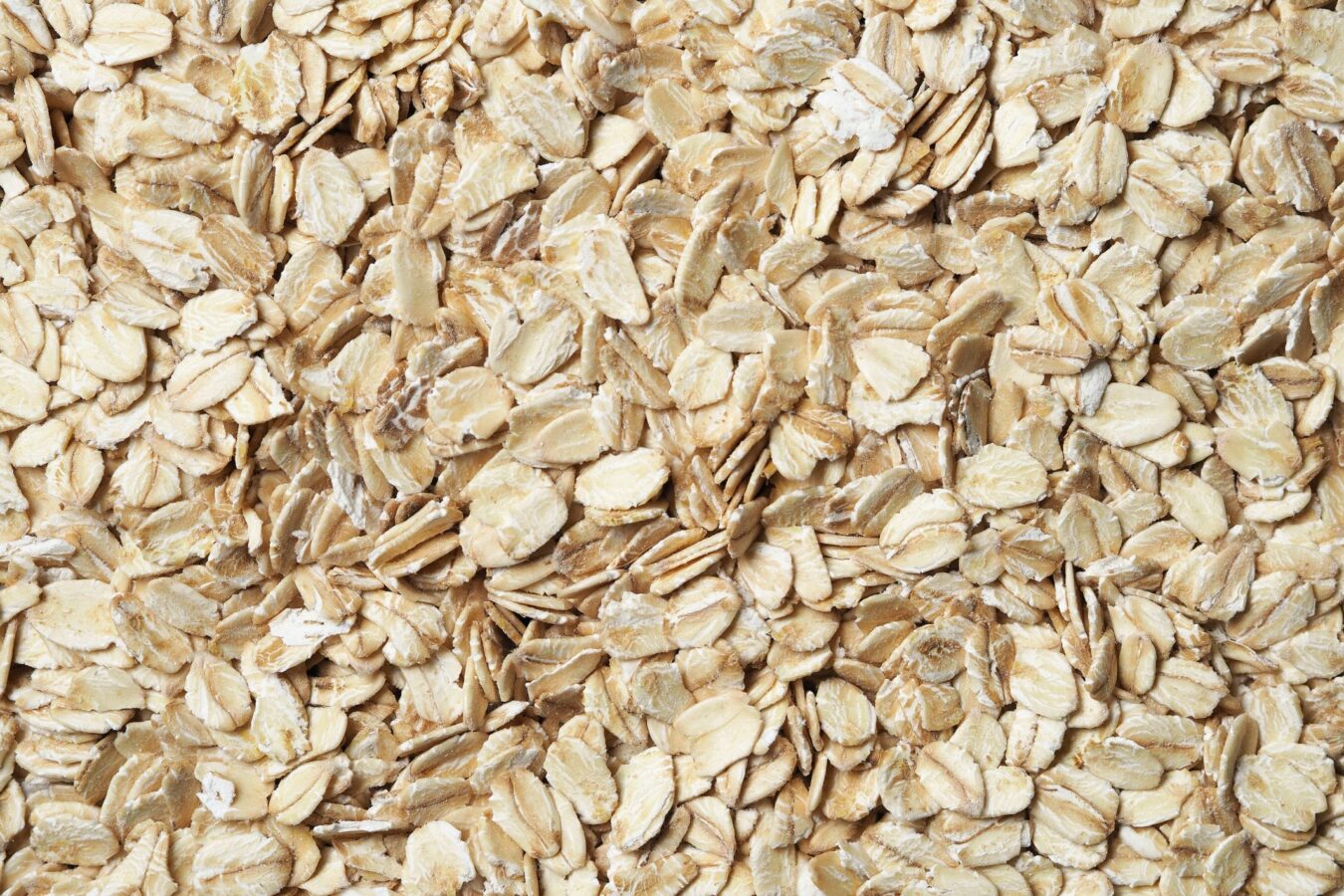
Whole Grains
Whole grains like quinoa, rice, and oats are often included in both diets for their high fiber content and other essential nutrients. These grains are versatile and can be used in various recipes, from morning porridge to grain bowls and side dishes.
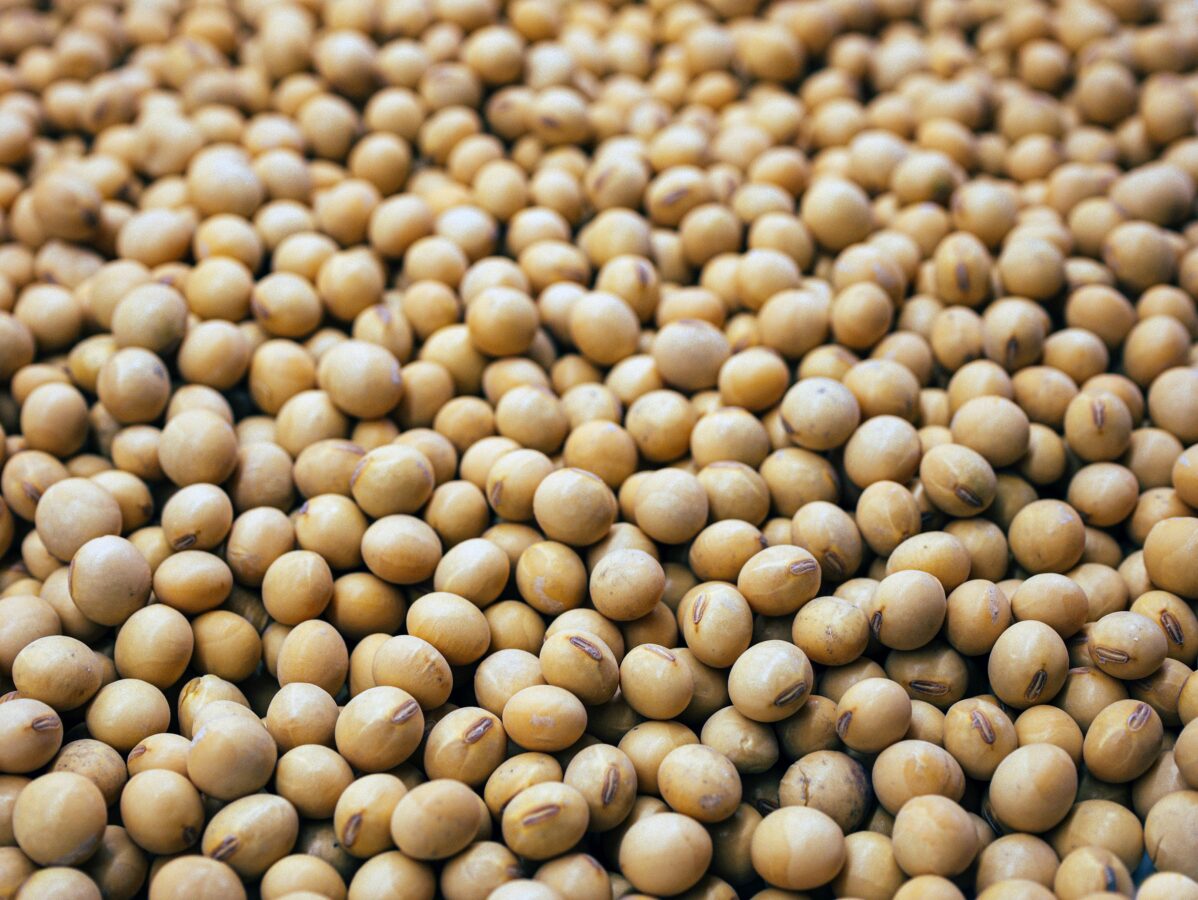
Legumes
Both vegans and pescatarians frequently include legumes in their diet. Foods like lentils, chickpeas, and various kinds of beans are protein-rich and offer a range of vitamins and minerals. They are often used in salads, stews, and plant-based meat alternatives.
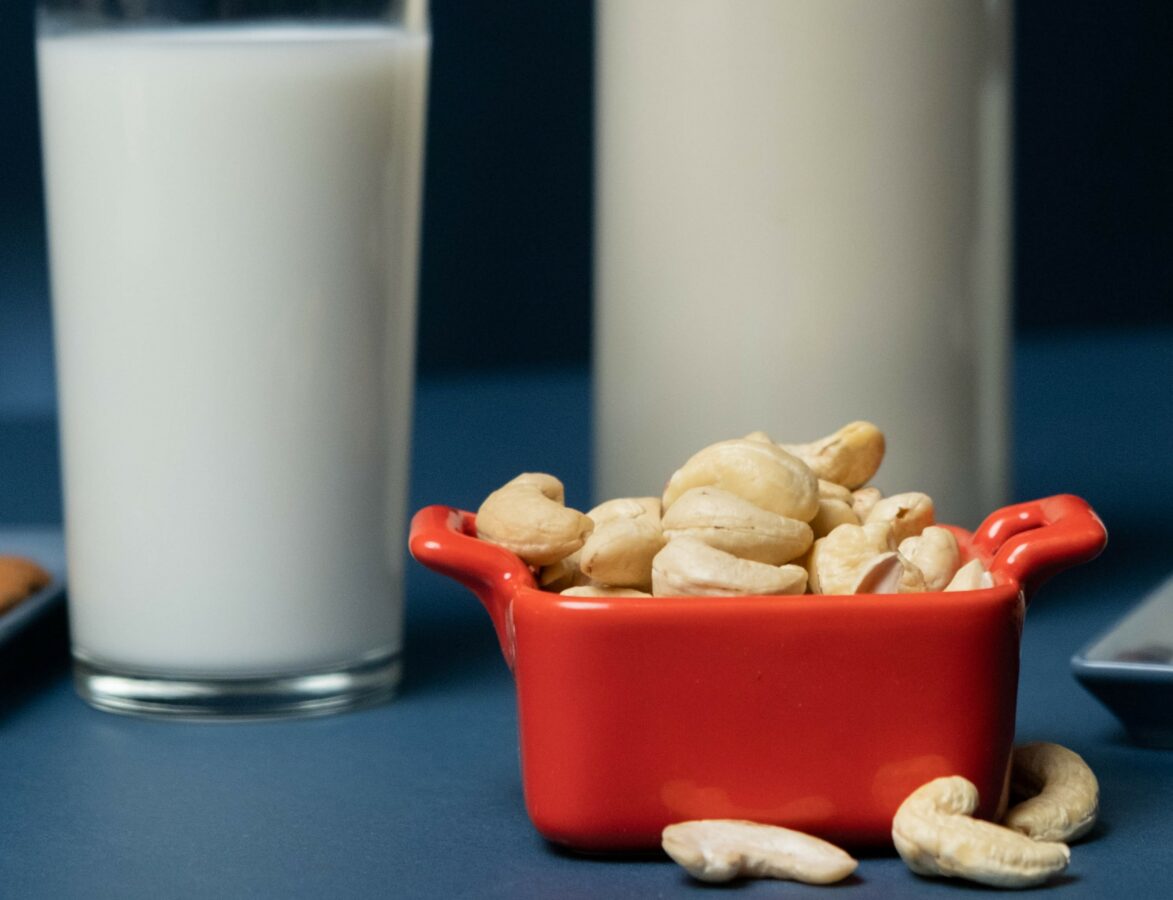
Plant-Based Dairy Alternatives
While dairy products are typically part of a pescatarian diet, many opt for plant-based alternatives for health or ethical reasons. Vegan diets, by definition, use plant-based milk like almond, soy, and oat milk; this is an area where both diets can easily align.
Understanding Pescatarian Diets
The term “pescatarian” is derived from the Italian word for fish, “pesce,” combined with the term “vegetarian,” and refers to a diet that includes fish but excludes other types of meat.
Common Pescatarian Diet Foods
The following are common Pescatarian foods:
- Seafood: Typical seafood items on a pescatarian diet include salmon, tuna, shrimp, and mackerel. These aquatic animals are rich in omega-3 fatty acids and are essential to this diet.
- Eggs: Options could include free-range eggs, omega-3 enriched eggs, or duck eggs. These are often incorporated for their protein content.
- Dairy: A pescatarian diet commonly consumes dairy products like milk, cheese, and yogurt. Some people choose free-range or organic options to align with their ethical reasons for consuming less meat from land animals.
Vegan Foods That Are Not Pescatarian
Vegan foods, by definition, exclude all animal-derived products, which means certain plant-based proteins are vegan but not pescatarian.
Plant-based Proteins
Tofu, tempeh, and seitan are examples of plant-based proteins stapled in a vegan diet but not included in a pescatarian diet because they serve as meat alternatives rather than as additions to a diet that already includes fish.
Understanding Vegan Diets
Veganism means more than just a diet—it’s a lifestyle that aims to reduce animal exploitation and harm. This lifestyle excludes not only meat but all products derived from animals.
Common Vegan Foods
Some common vegan foods include:
- Vegetables: All vegetables are acceptable on a vegan diet, providing a broad spectrum of vitamins, minerals, and dietary fiber.
- Fruits: Fruits offer vitamin C and other essential nutrients. They are universally included in a vegan diet for their health benefits.
- Legumes: Legumes like beans, lentils, and chickpeas are core to the vegan diet, offering plant-based protein options.
- Nuts & Seeds: Including almonds, walnuts, cashews, chia seeds, and flaxseeds, these offer healthy fats and are vital for overall health.
- Grains: Whole grains like quinoa, rice, and oats provide essential nutrients and are staple foods in a vegan diet.
- Plant-based Proteins: Tofu, tempeh, and seitan are key plant-based protein sources in a vegan diet.
- Plant-based Milk: Almond milk, soy milk, and oat milk are popular dairy alternatives.
- Plant-based Oils: Olive oil, avocado oil, and coconut oil offer healthy fats without animal fats.
- Herbs, Spices, and Flavorings: All herbs and spices and flavorings like nutritional yeast are welcome in a vegan diet.
Pescatarian Foods That Are Not Vegan
Vegan and pescatarian diets have a lot in common when it comes to eating plants, but they have very different views on animal products. Pescatarians enjoy fish and seafood, along with eggs and dairy, while vegans say no to all these foods.
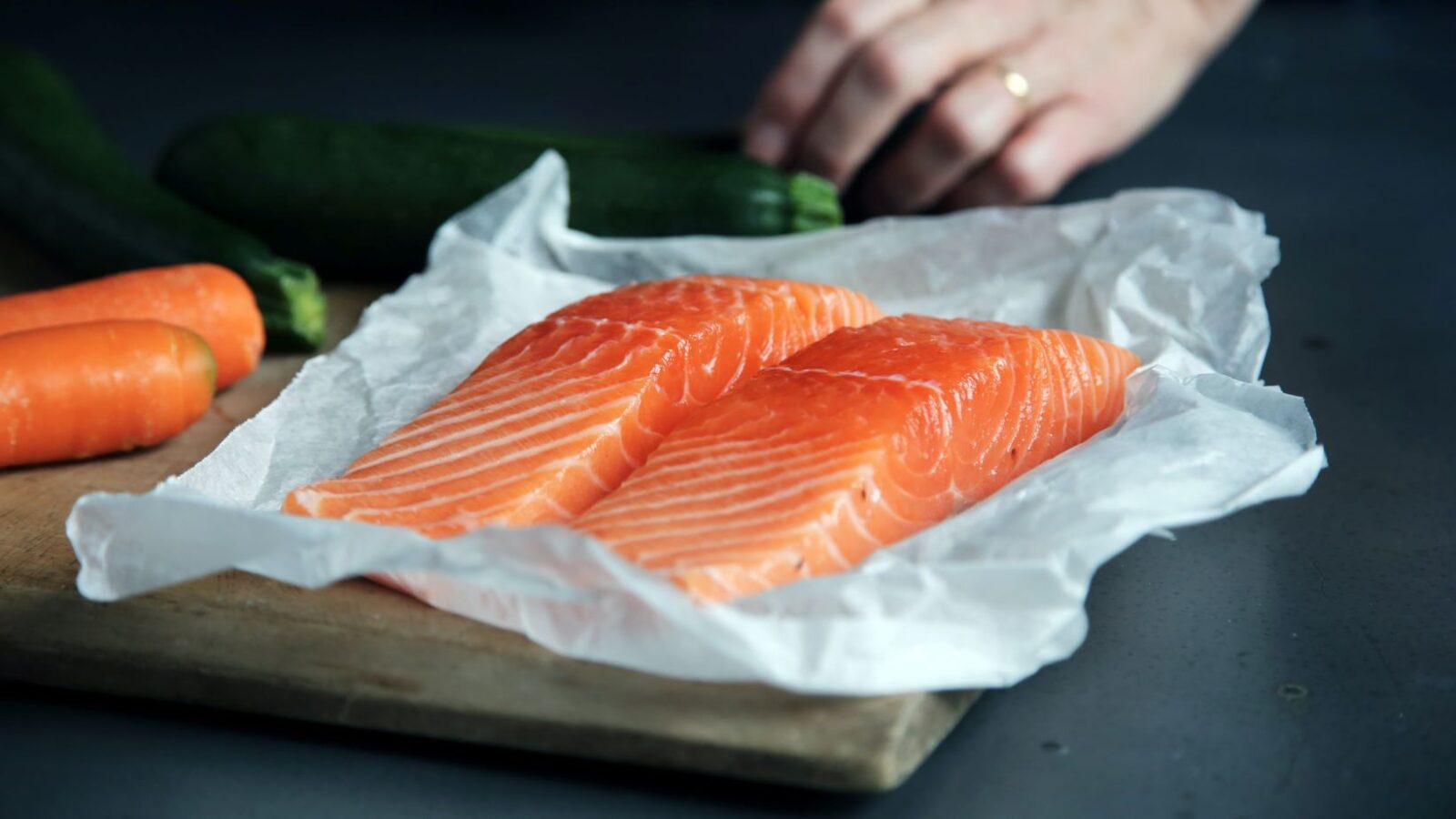
Fish and seafood
Salmon, tuna, shrimp, mackerel, trout, perch, sardines, lobster, oysters, clams, crabs, and scallops are all rich in omega-3 fatty acids and other essential nutrients.
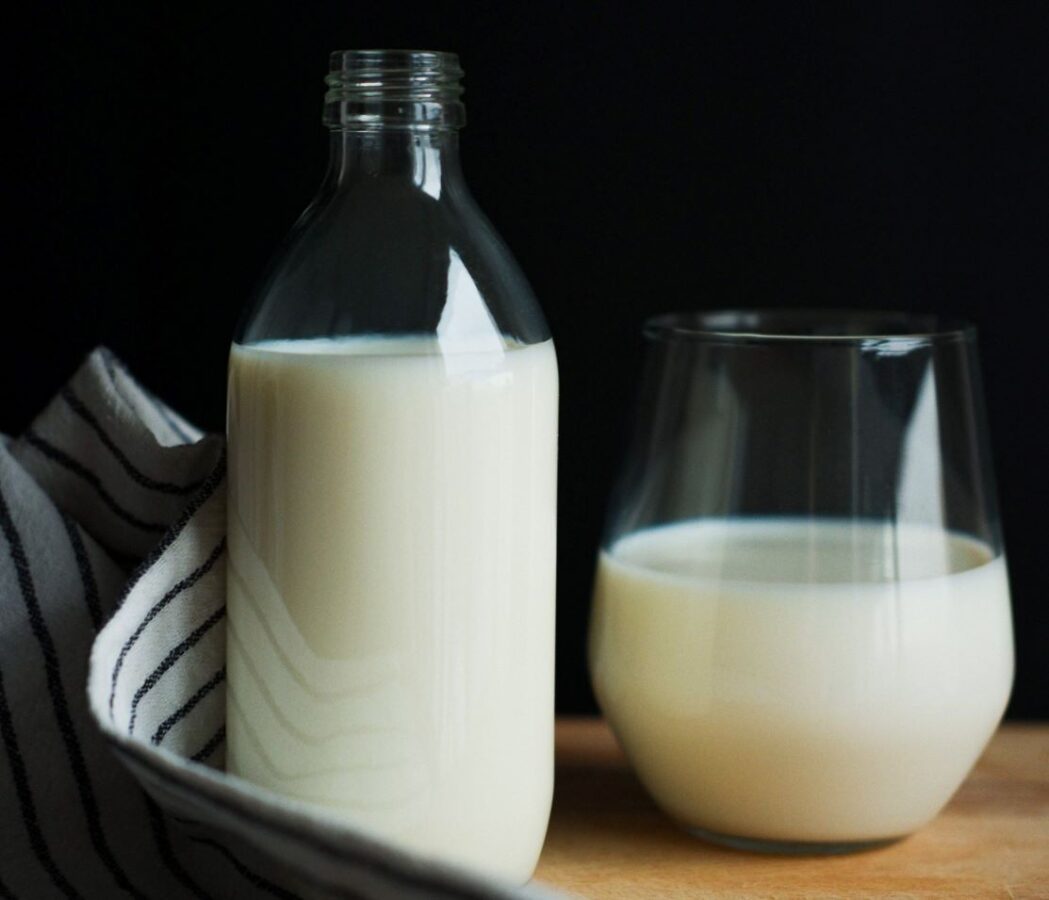
Dairy Products
Milk, cheese, and other dairy products are usually included in a pescatarian diet but are avoided in vegan diets, which opt for plant-based alternatives.
FAQ
If you have more questions or concerns after reading this guide, the following FAQs may help to clarify some common points of confusion or curiosity.
Is a vegan or pescatarian diet healthier?
There’s no one-size-fits-all answer to which diet is healthier. Both vegan and pescatarian diets offer health benefits when well-planned. Consult a registered dietitian nutritionist to meet your dietary needs and health condition.
Which diet is more environmentally friendly?
Both diets have a lower environmental impact than those rich in red meat. However, veganism might have a slight edge due to the absence of animal products, including fish, which can be overfished.
Can I get enough nutrients on a pescatarian diet?
A pescatarian diet can provide all the essential nutrients, including omega-3 fatty acids and protein, when planned carefully.
Are there any specific health benefits to the vegan diet?
Yes, a vegan diet is associated with lower blood pressure, reduced risk of heart disease, and potential weight loss, among other health benefits.
How can I incorporate elements of both diets for a balanced approach?
One way to incorporate elements of both diets is to follow a flexitarian diet, which primarily consists of plant-based foods but allows for the occasional inclusion of fish and other animal products.


